IAEA chief due in Tehran for talks ahead of Board of Governors meeting
Iran's representative to the international organizations in Vienna says Director General of the International Atomic Energy Agency (IAEA) Rafael Grossi is due in Tehran for talks.
“During the visit, Grossi will hold talks with the head of the Atomic Energy Organization [of Iran Mohammad Eslami]. The two sides will also issue a joint statement,” Kazem Gharibabadi told reporters on Saturday, IRNA reported.
The one-day visit by Grossi would be his first since Iranian President Ebrahim Raeisi assumed office in August.
The UN nuclear agency’s chief is expected to discuss issues such as nuclear inspections and mutual cooperation during his visit, which comes a day ahead of the regular meeting of the IAEA 35-nation Board of Governors in Vienna.
Gharibabadi on Thursday warned the IAEA about taking any counterproductive measure against Iran during the forthcoming meeting of its Board of Governors, saying that such a measure would “disrupt” future talks on the revival of Iran’s nuclear deal with world powers.
A day later, the Russian ambassador to international organizations in Vienna called for an end to an "illusion" of adopting a resolution at the IAEA Board of Governors against Iran, saying Moscow would vote against it.
“There should be no illusion. If a draft resolution on #Iran is tabled in the #IAEA Board of Governors Russia will vote against,” Mikhail Ulyanov said in a tweet.
The IAEA’s chief has recently claimed in a report that Iran is blocking access to some of its nuclear sites and continues to boost its stocks of uranium enriched above the percentage allowed in the 2015 nuclear deal, officially known as the Joint Comprehensive Plan of Action (JCPOA).
In a phone call initiated by European Council President Charles Michel on Wednesday, Iranian President Ebrahim Raeisi warned the UN nuclear watchdog against the consequences of its “unconstructive” attitude towards Iran.
“Instances of Iran’s serious cooperation with the agency serve as shining examples of its will to observe transparency in its nuclear activities,” the president said.
“[However,] the agency’s unconstructive attitude will be disruptive of the negotiation course,” he said, adding, “Naturally, it defies logic to expect Iran to offer a constructive reaction to such attitude.”
Back in February, Iran and the IAEA reached a technical understanding under which Tehran agreed to exercise more patience over the promised removal of the US sanctions by keeping the recordings from its nuclear sites for three months to see if world powers could convince Washington to remove its illegal sanctions.
Iran then decided to stop its voluntary implementation of the Additional Protocol that allowed the Agency to carry out short-notice inspections in Iran, denying IAEA inspectors access to the country’s nuclear facilities beyond the Safeguards Agreement.
The decision was made in accordance with a December 2020 law passed by the Iranian parliament – dubbed the Strategic Action Plan to Counter Sanctions – that prompted the Iranian administration to restrict the IAEA’s inspections and accelerate the development of the country’s nuclear program beyond the limits set by the JCPOA.
Jan. 15: ‘Axis of Resistance’ operations against Israeli occupation
VIDEO | US fires: Criticism mounts over govt. failure to respond
VIDEO | Fears, hope in Gaza amid intensified ceasefire efforts
VIDEO | Press TV's news headlines
Hamas: Ceasefire agreement result of steadfastness, resistance in Gaza over 15 months
Hamas thanks Iran, Resistance Front following achievement of ceasefire in Gaza
'Capitulation': Israeli officials and media concede Gaza defeat as truce unfolds
'Gaza has won': Social media users react to ceasefire with mix of relief, joy


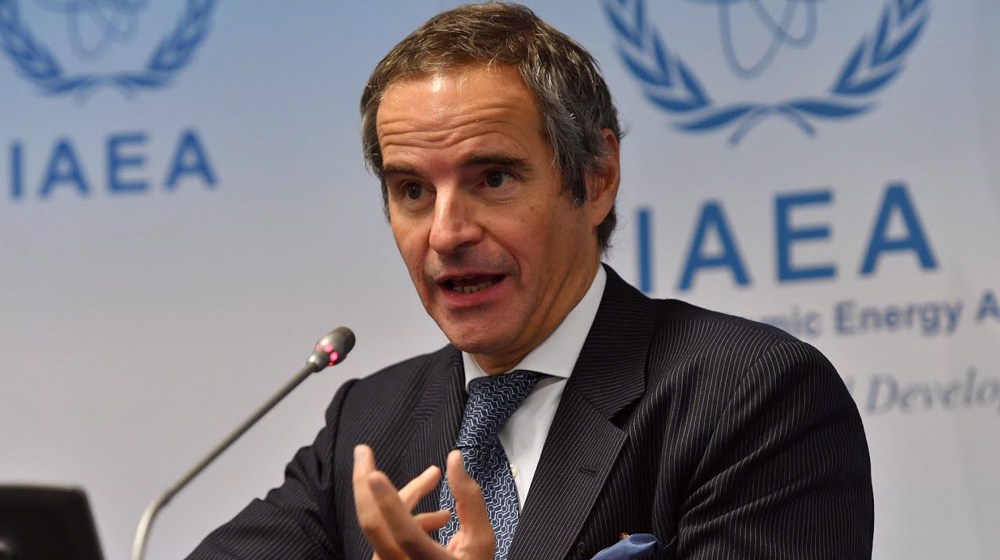
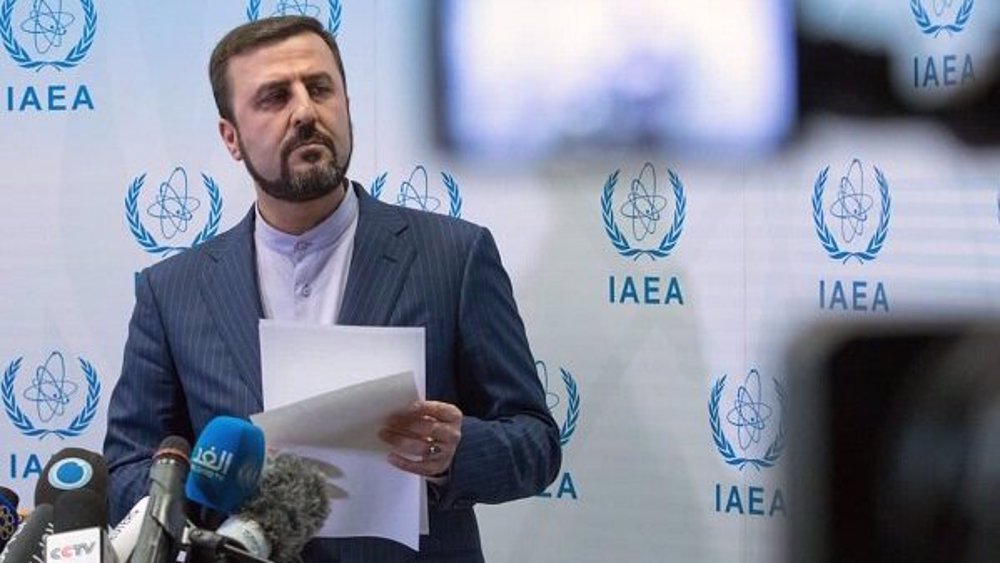
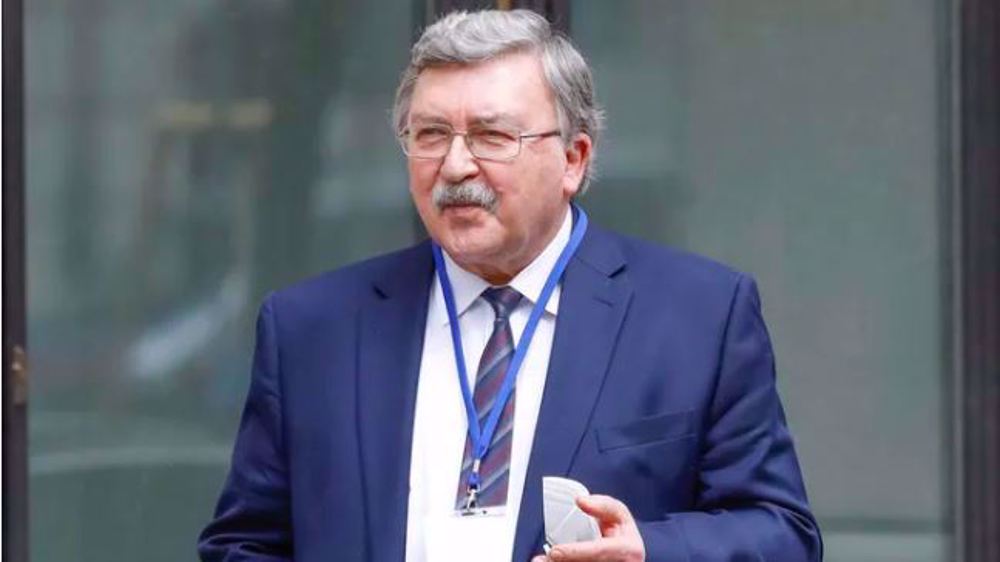
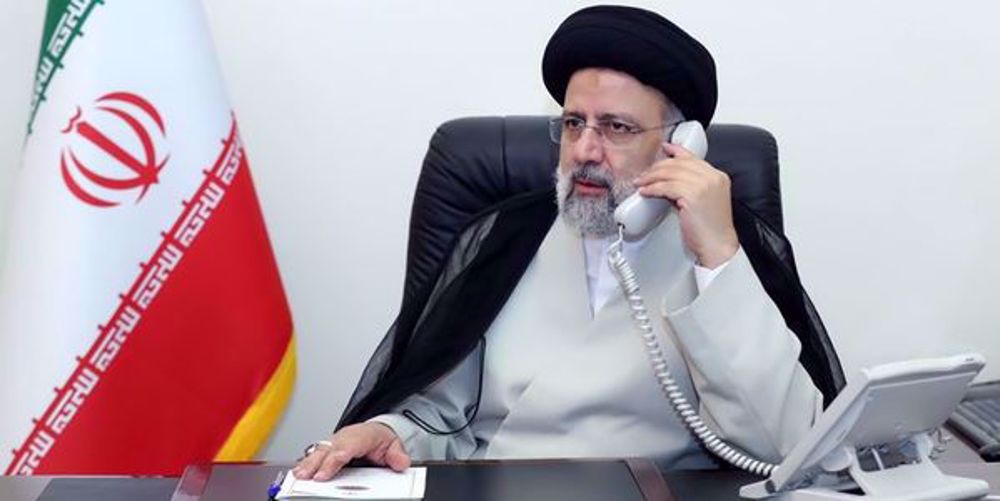
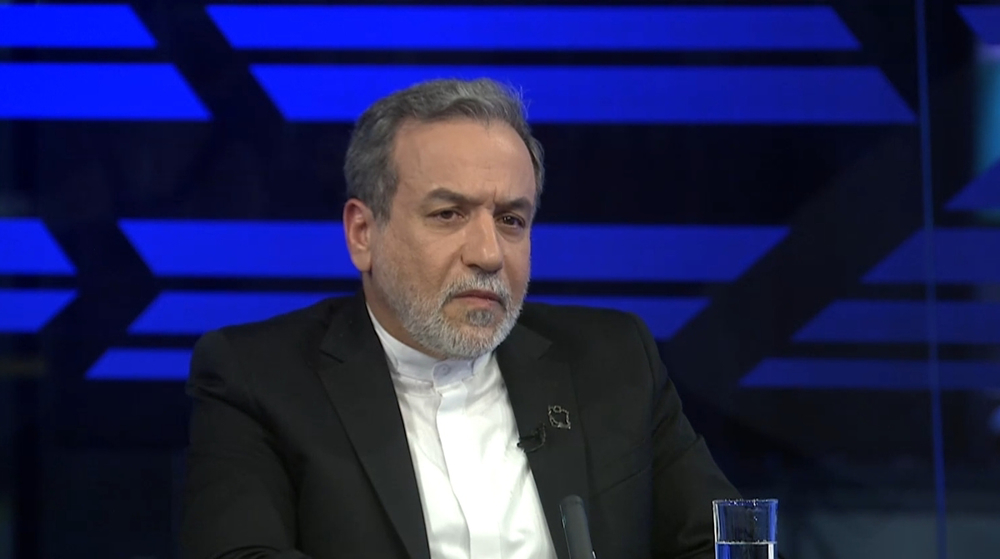

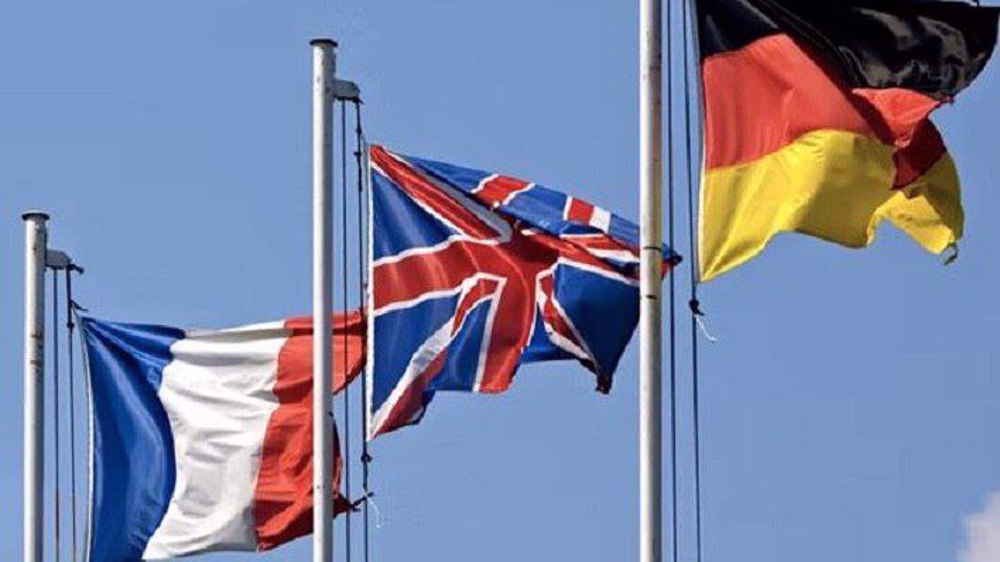




 This makes it easy to access the Press TV website
This makes it easy to access the Press TV website